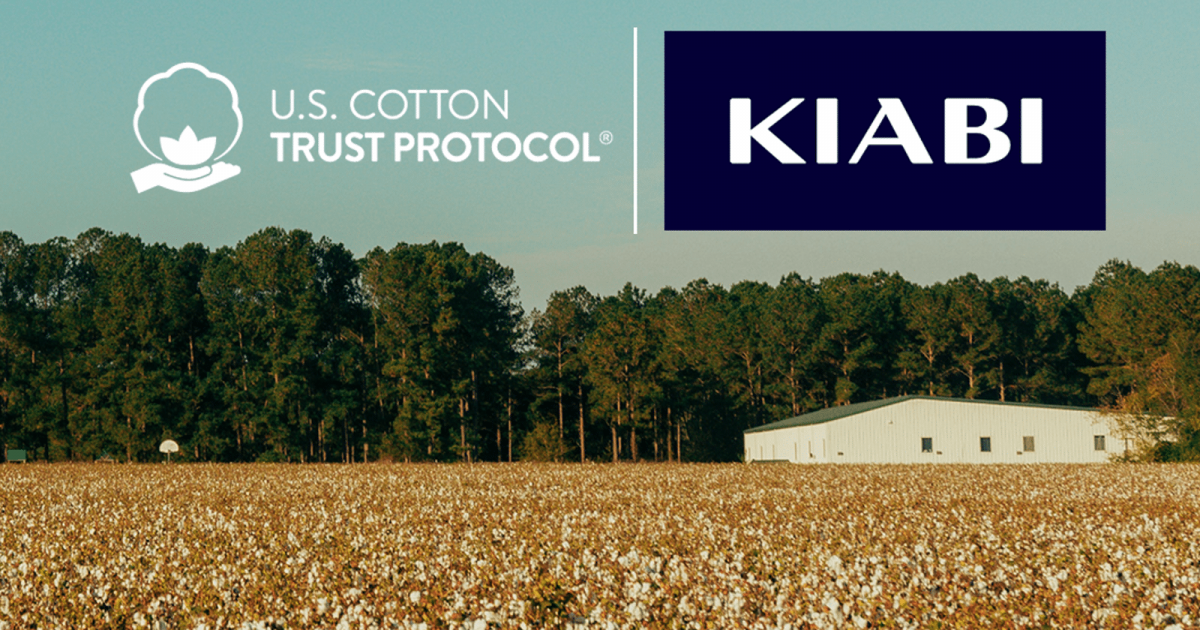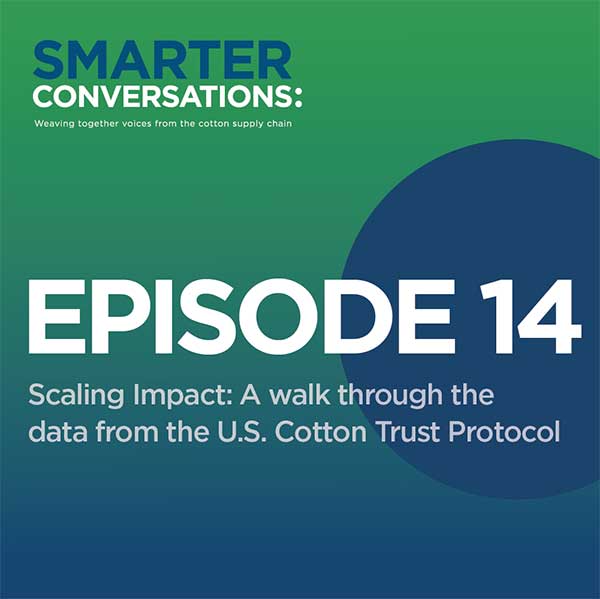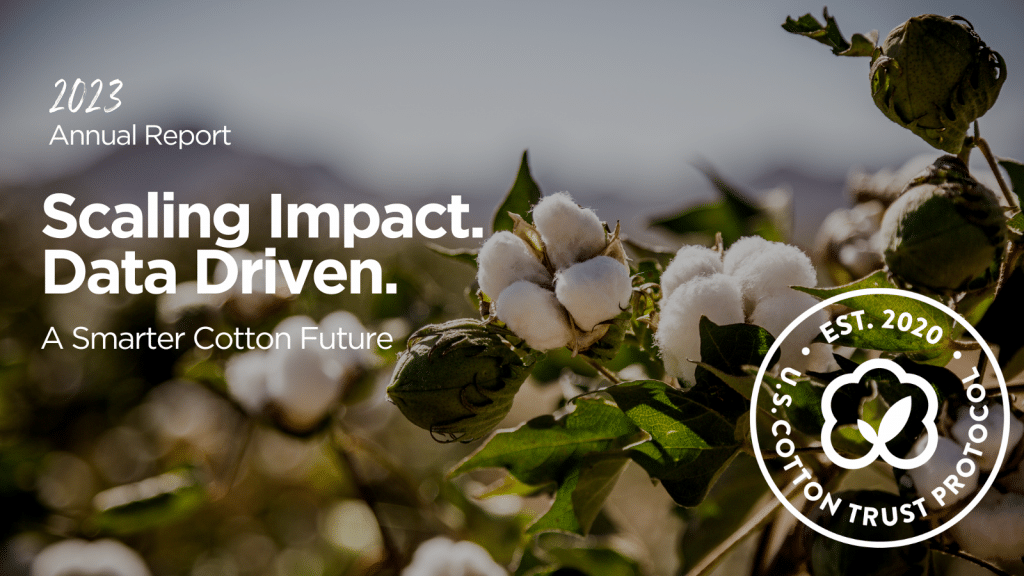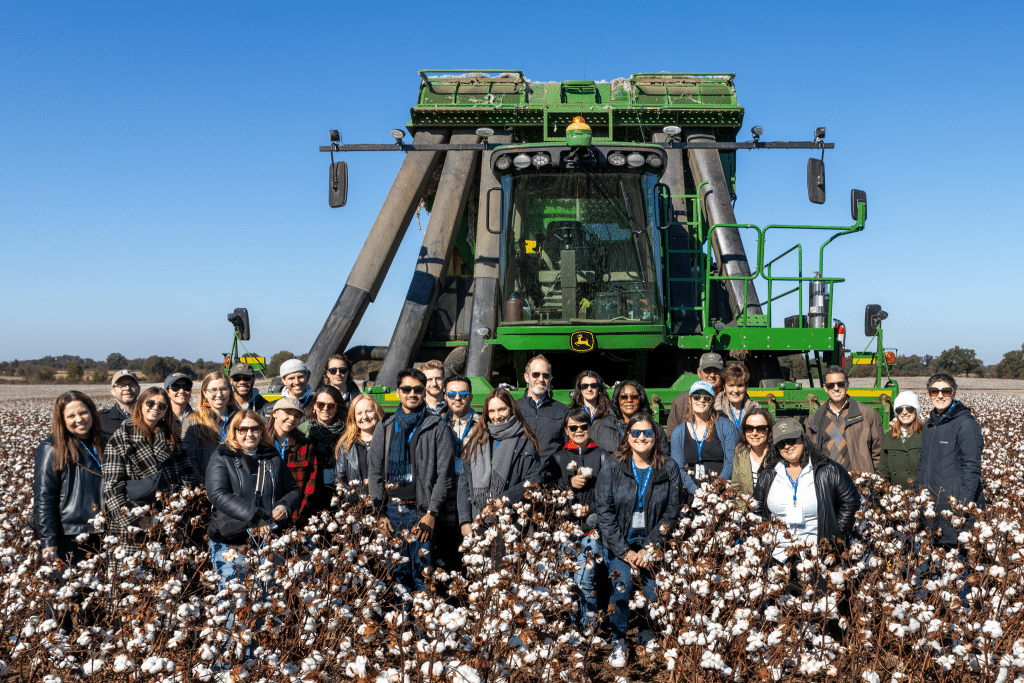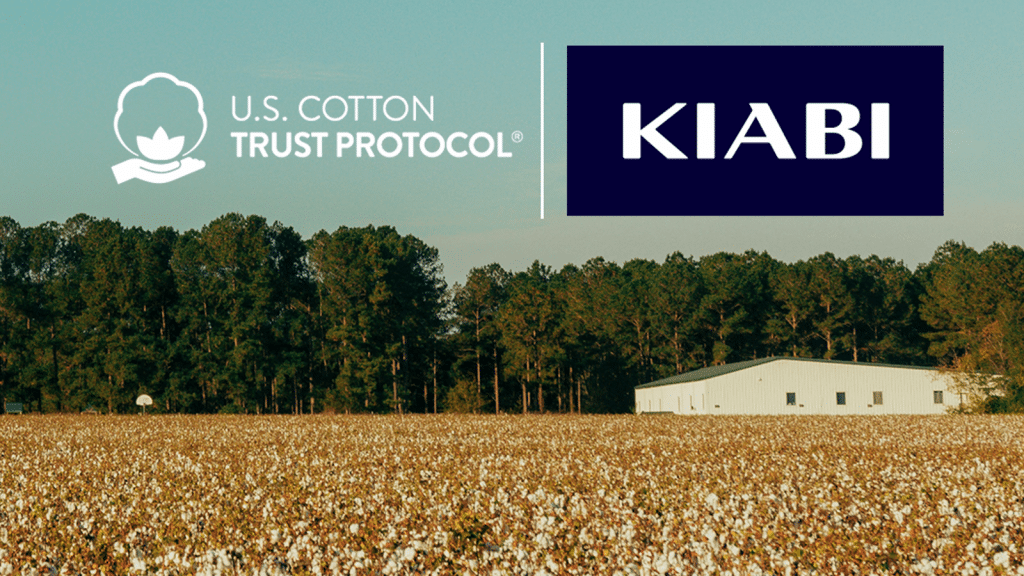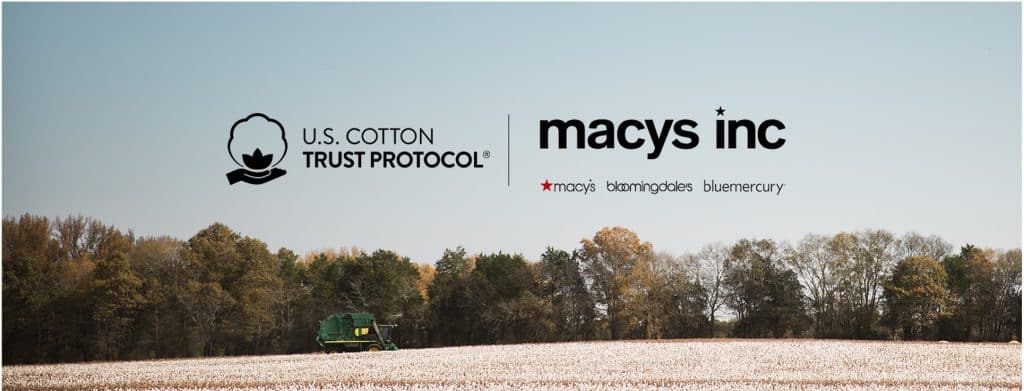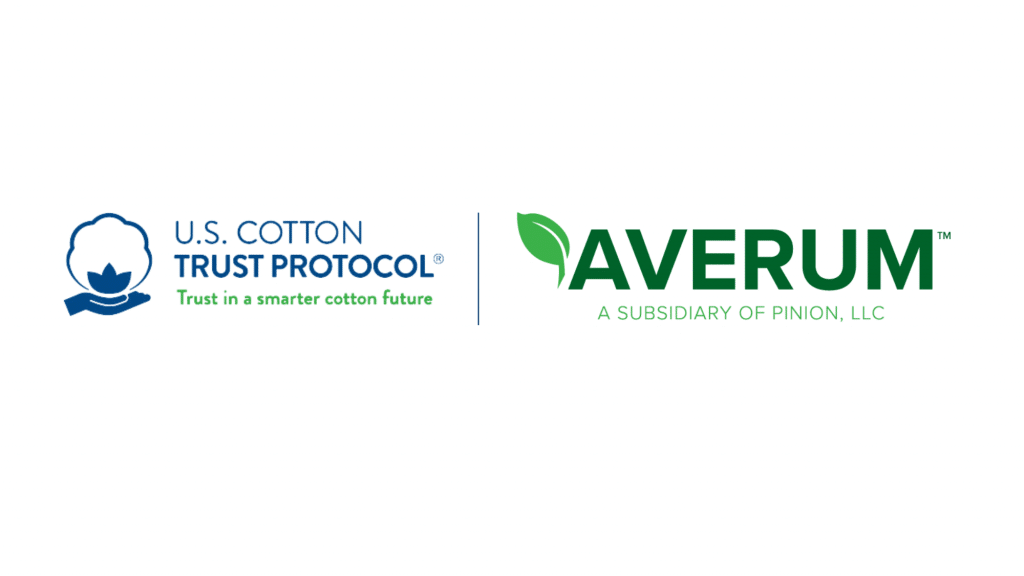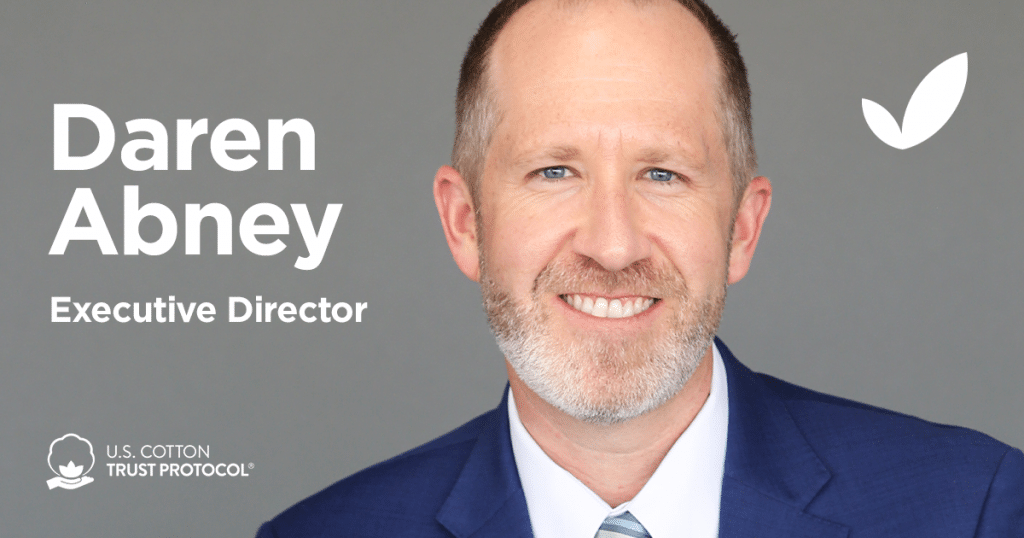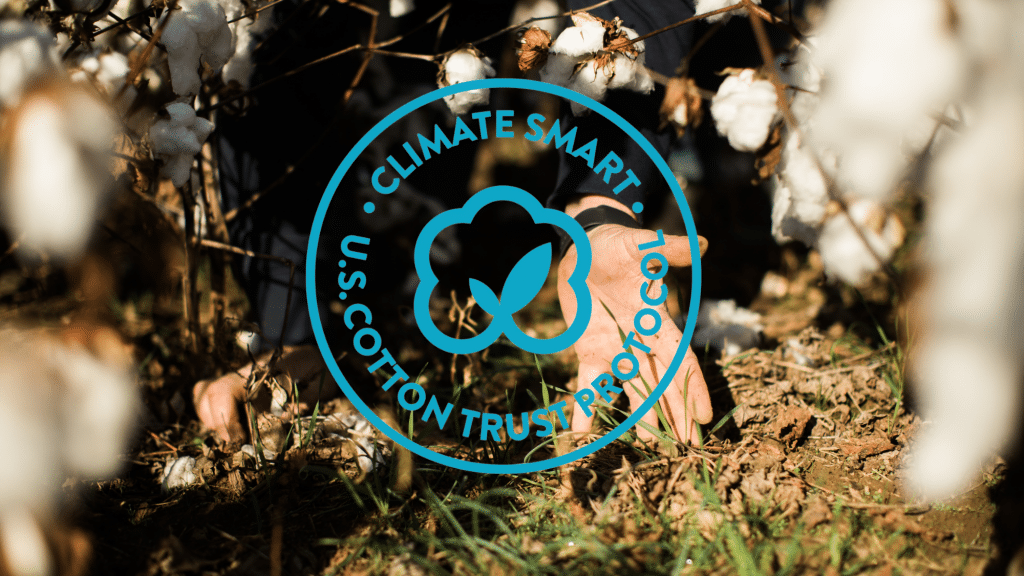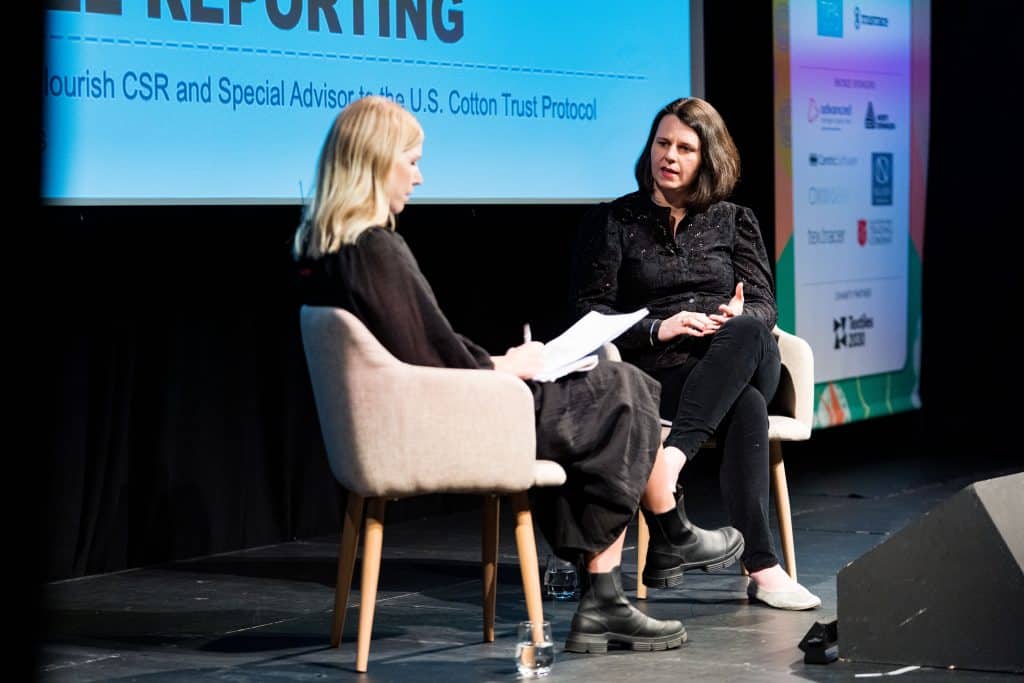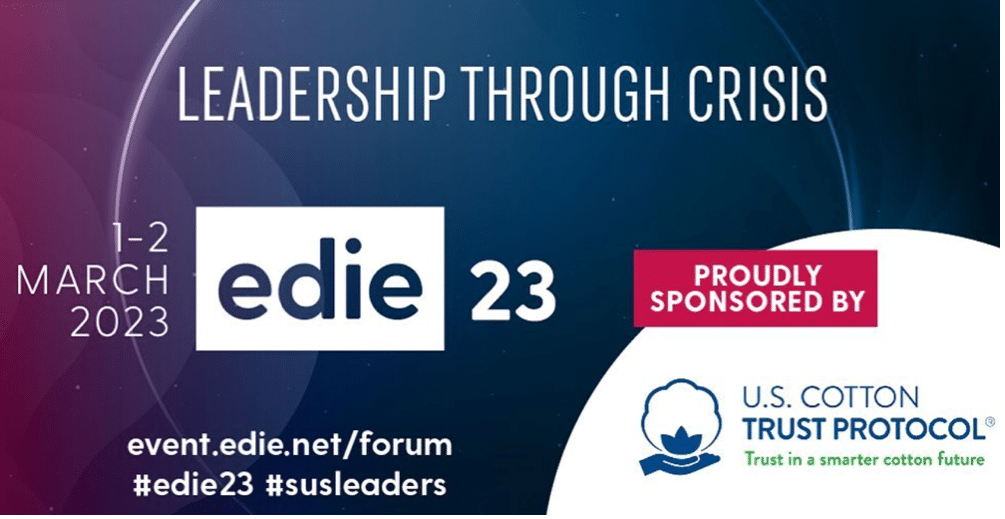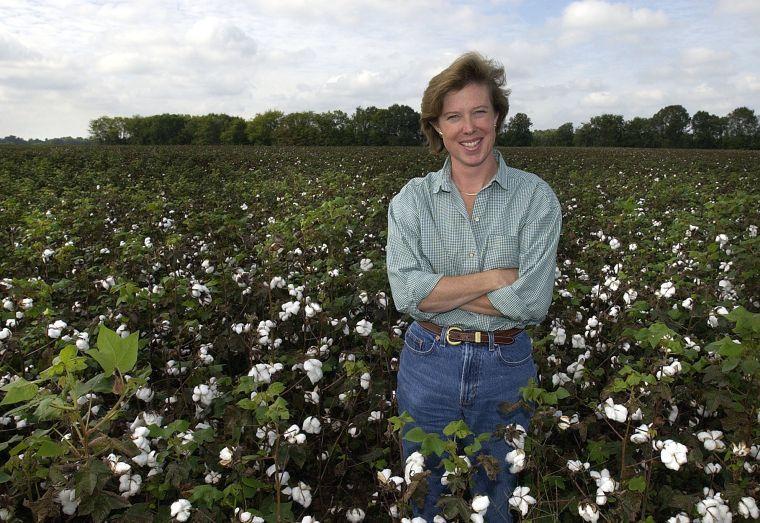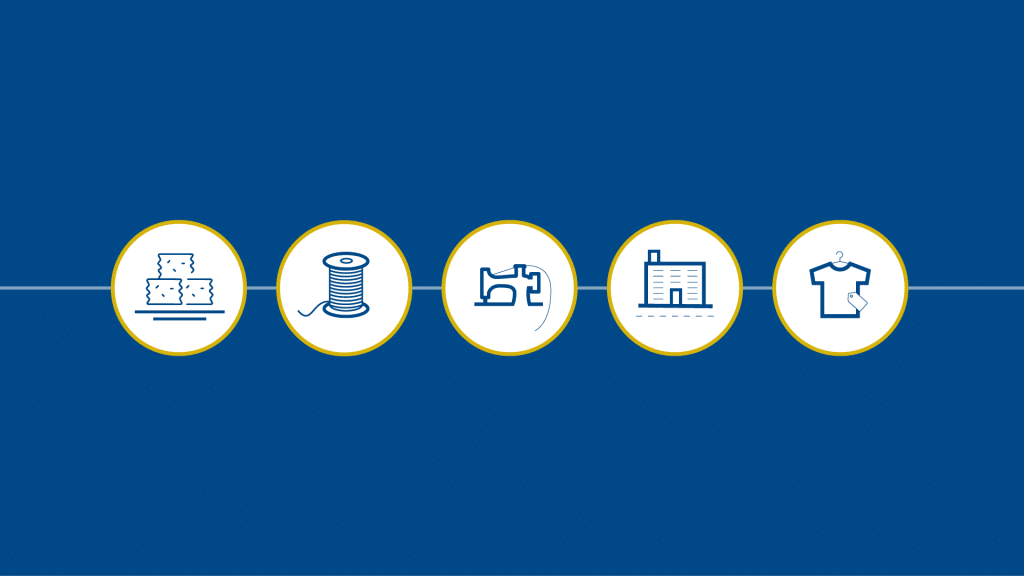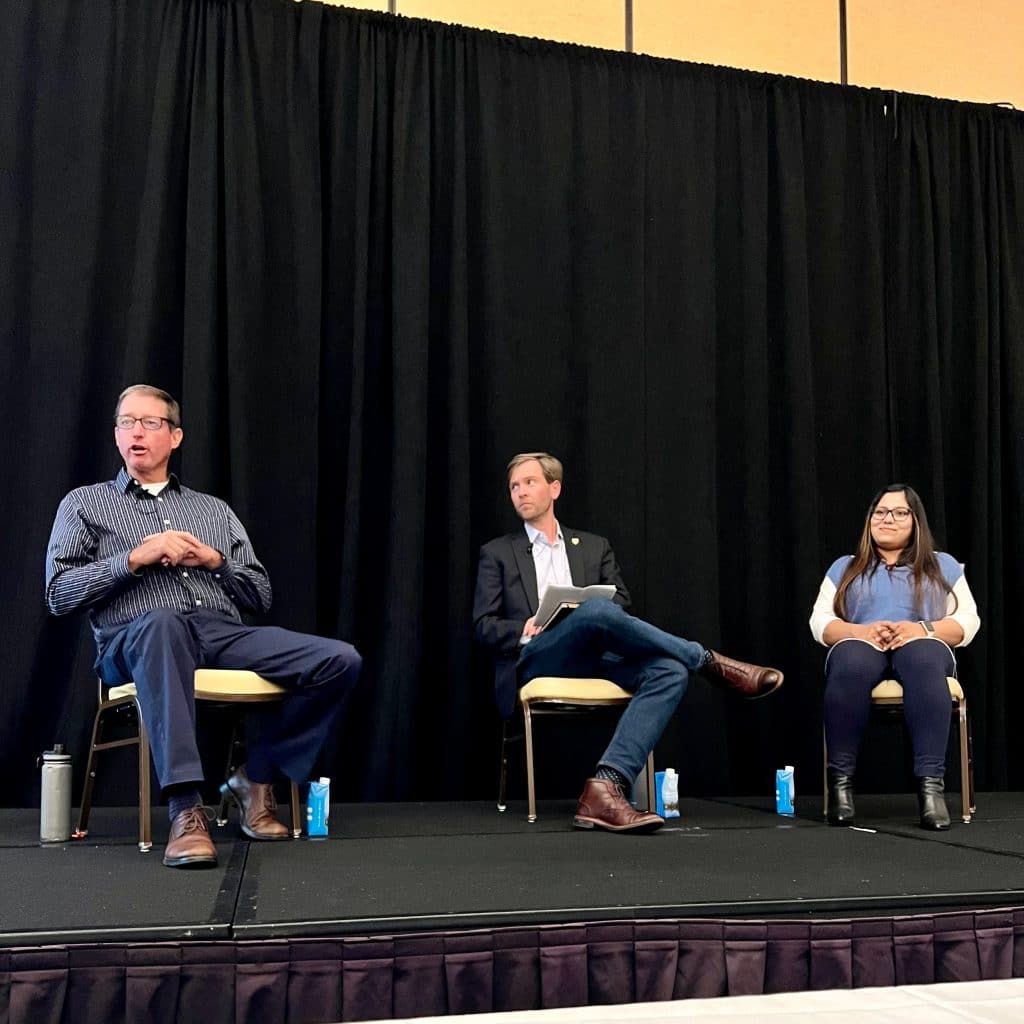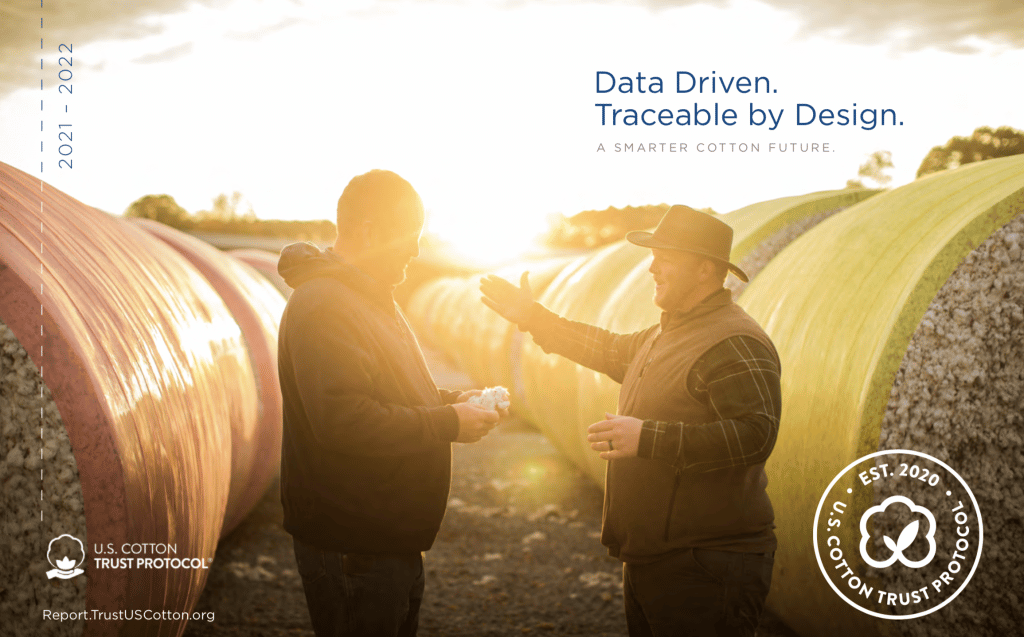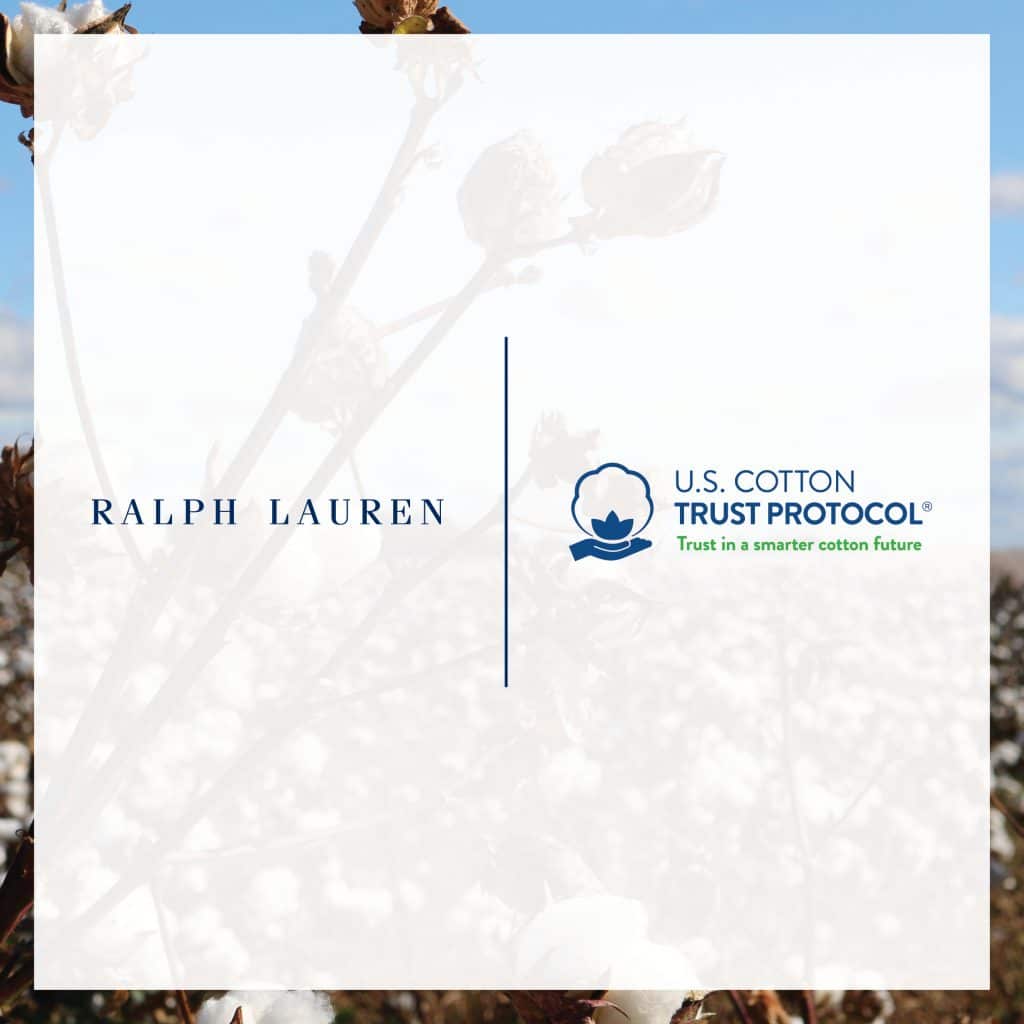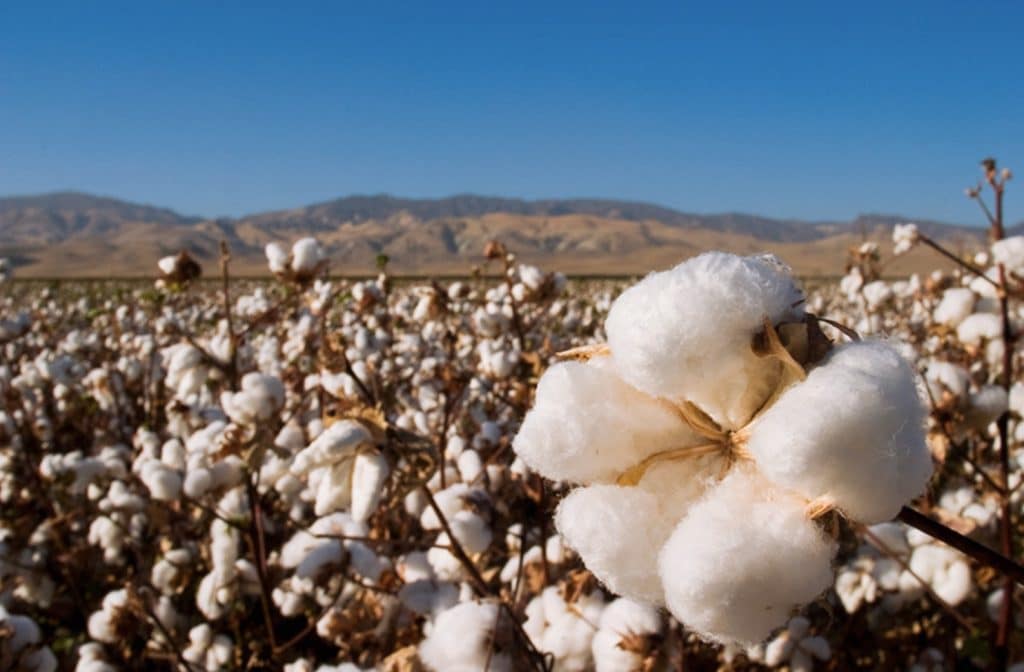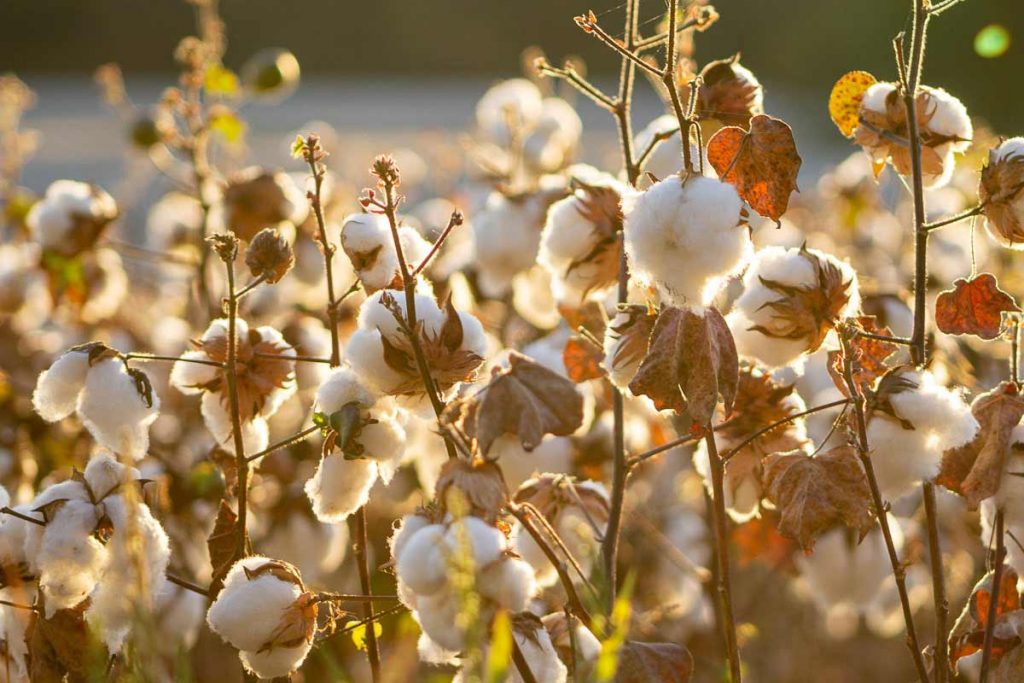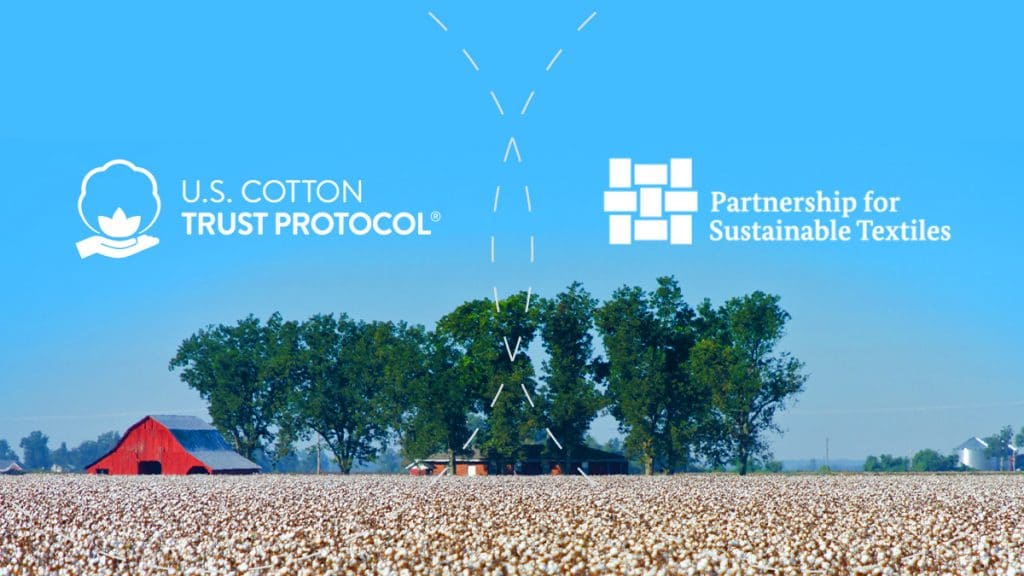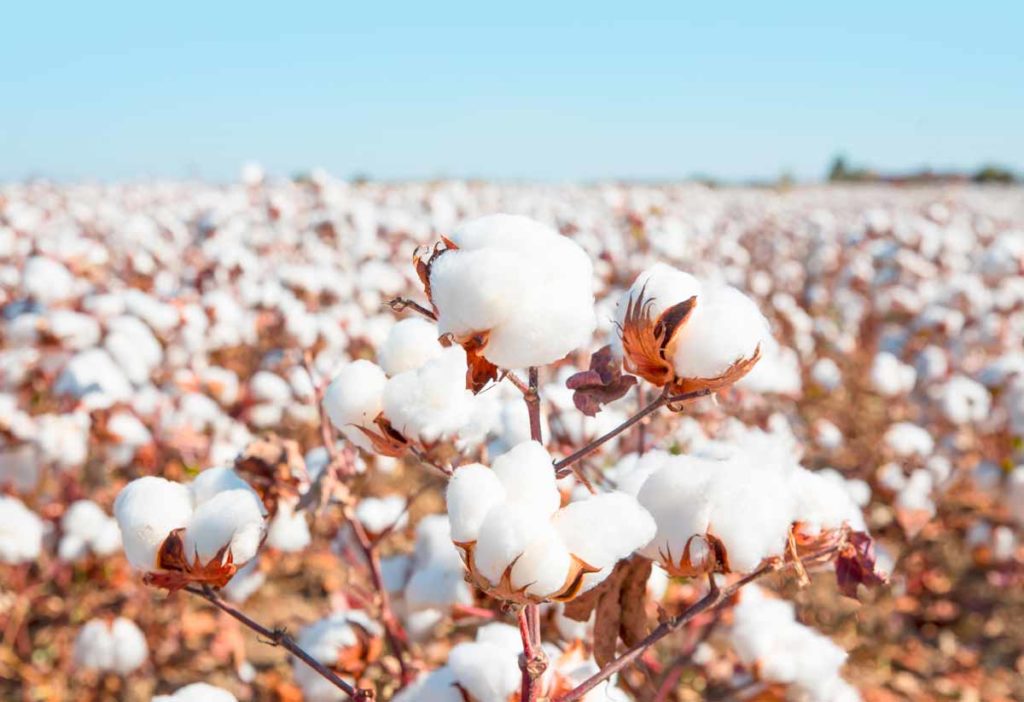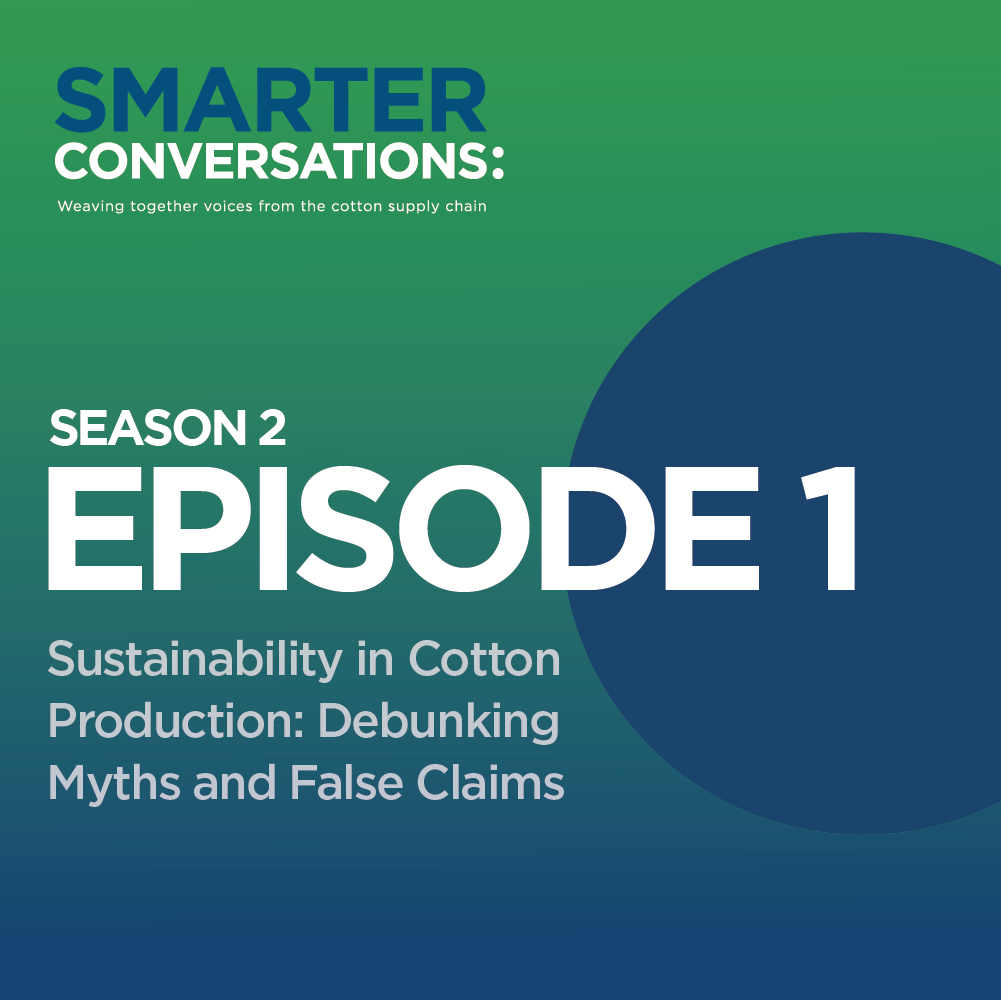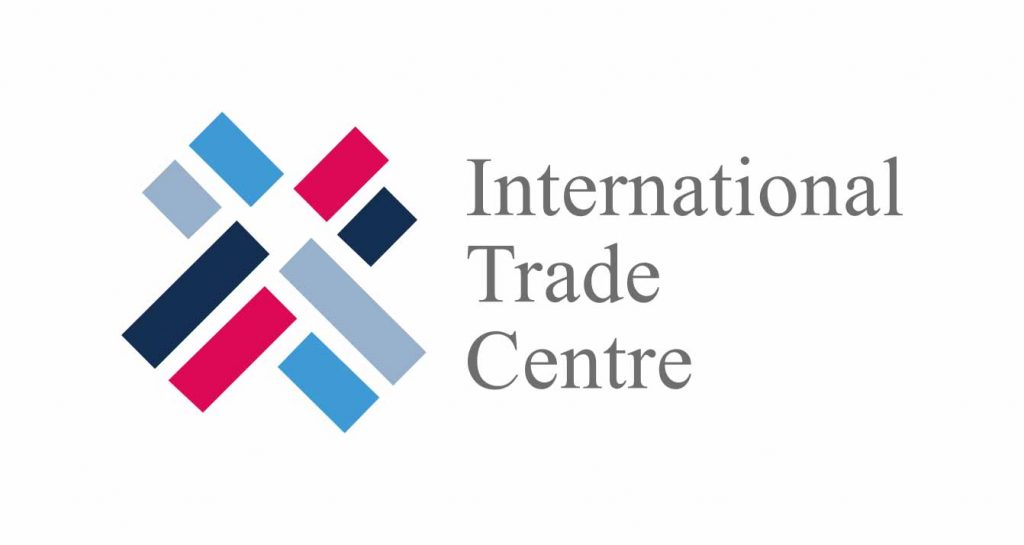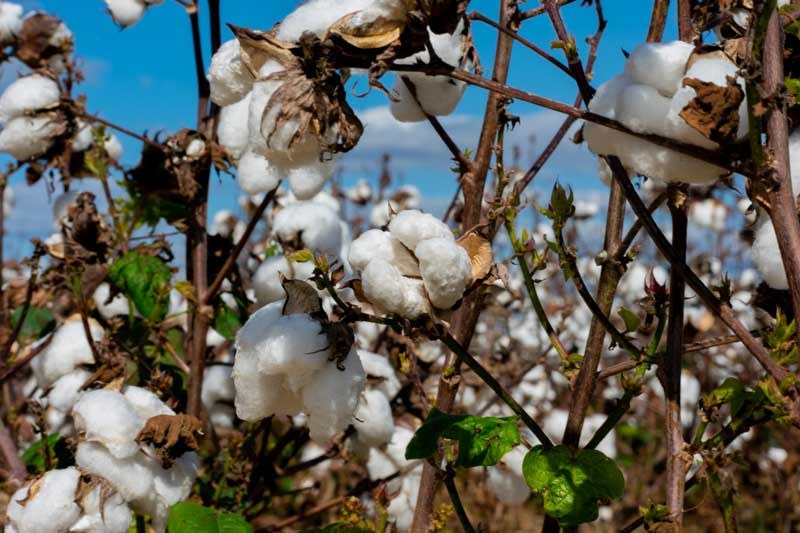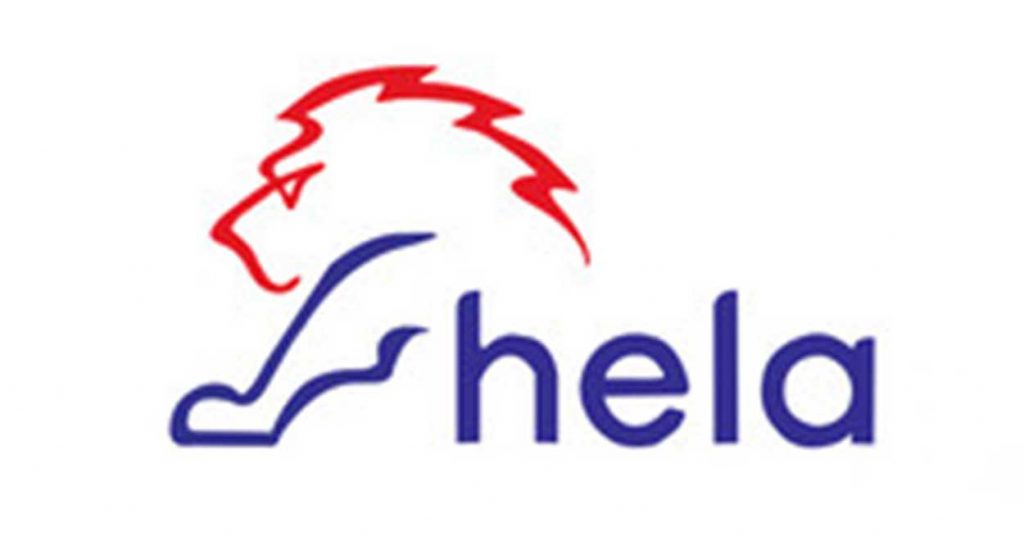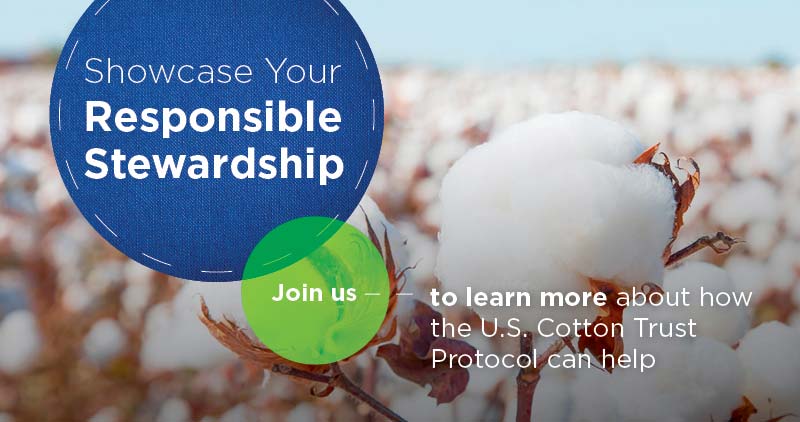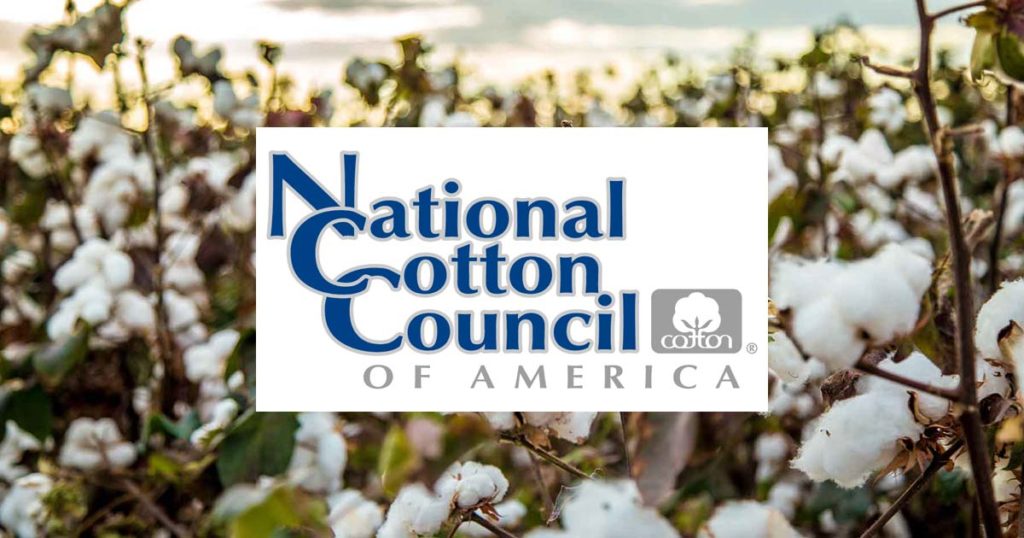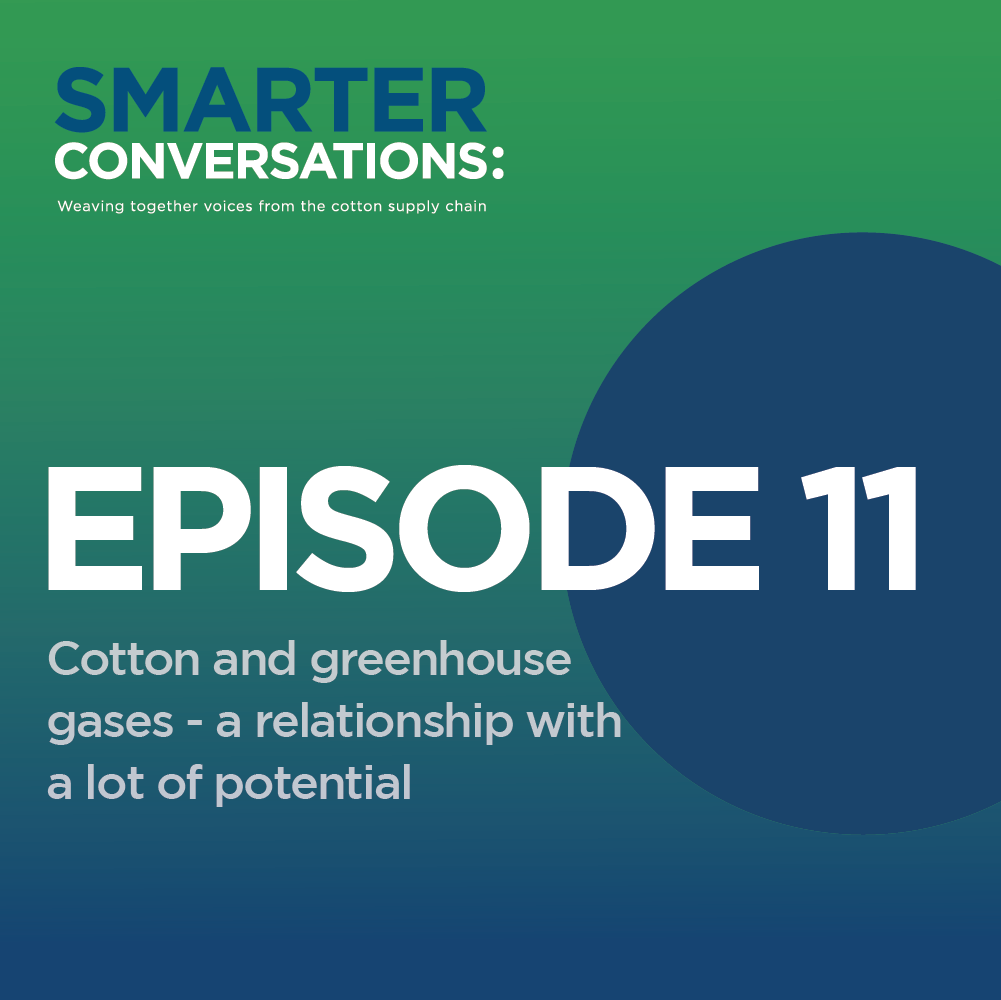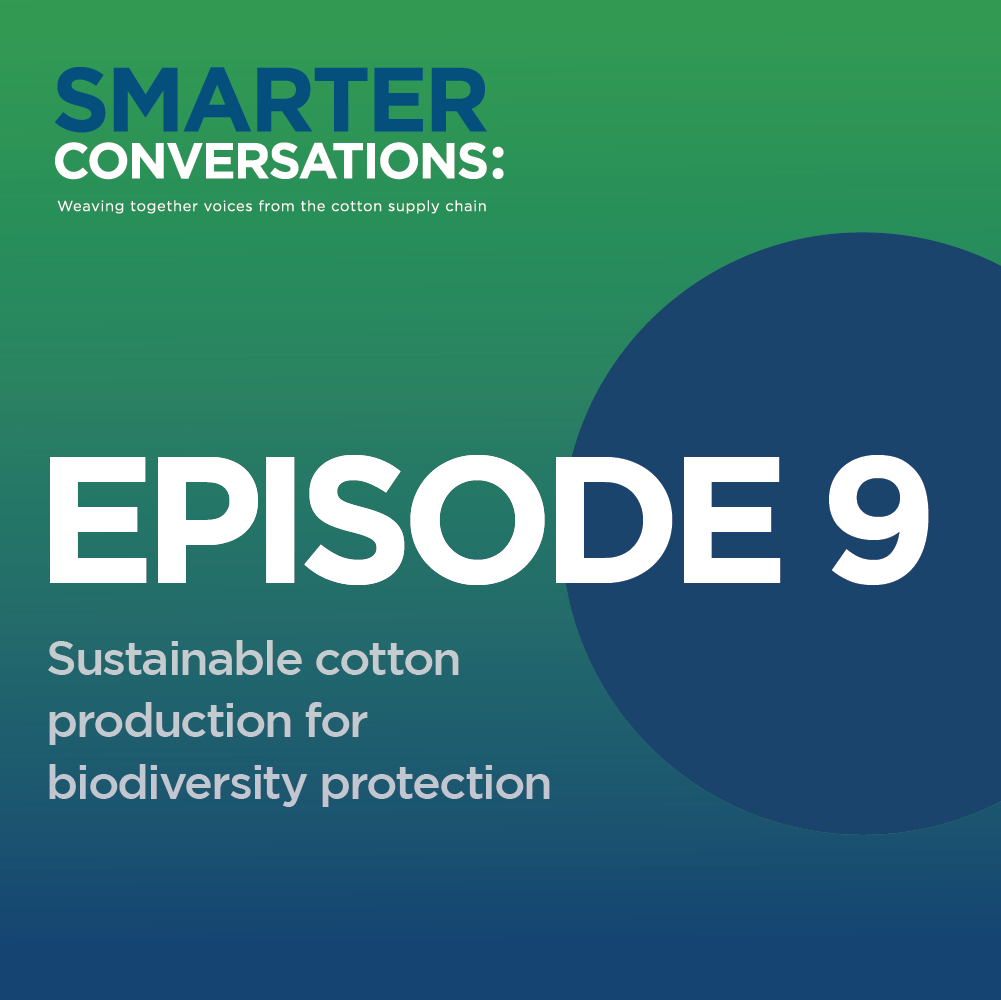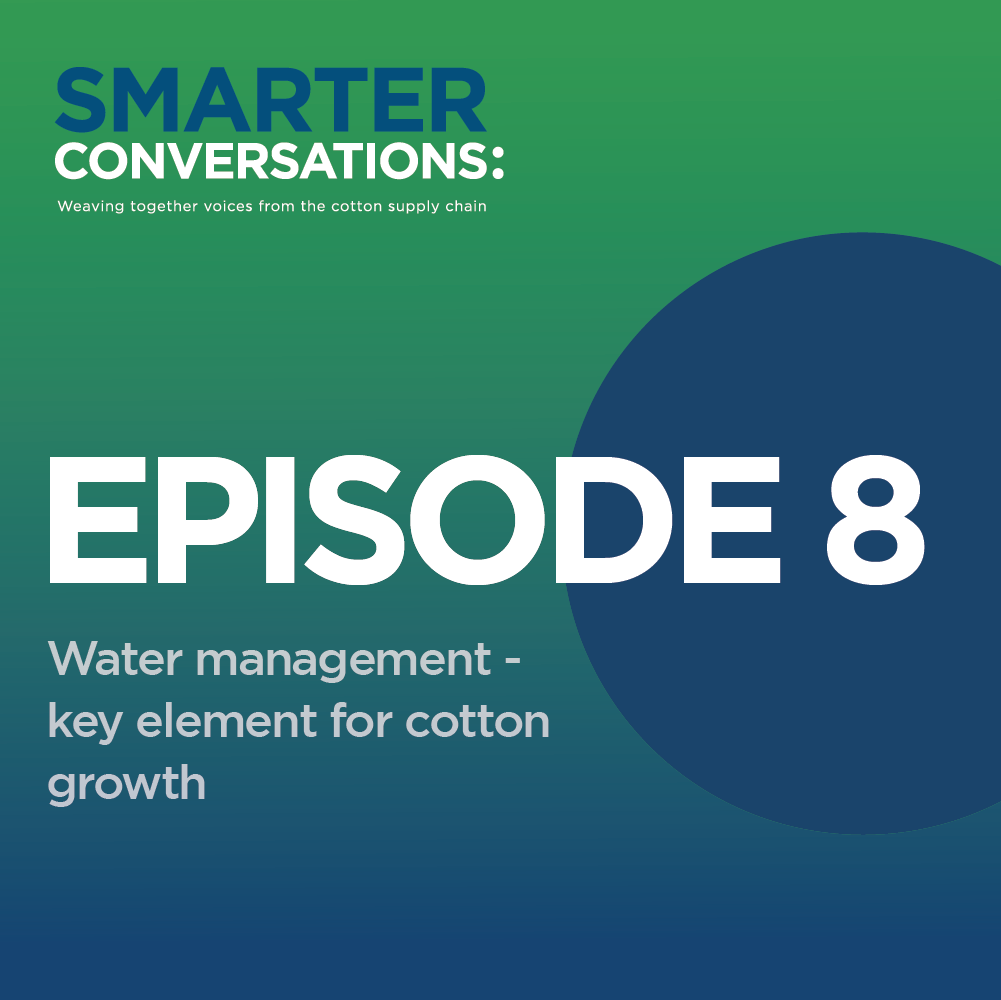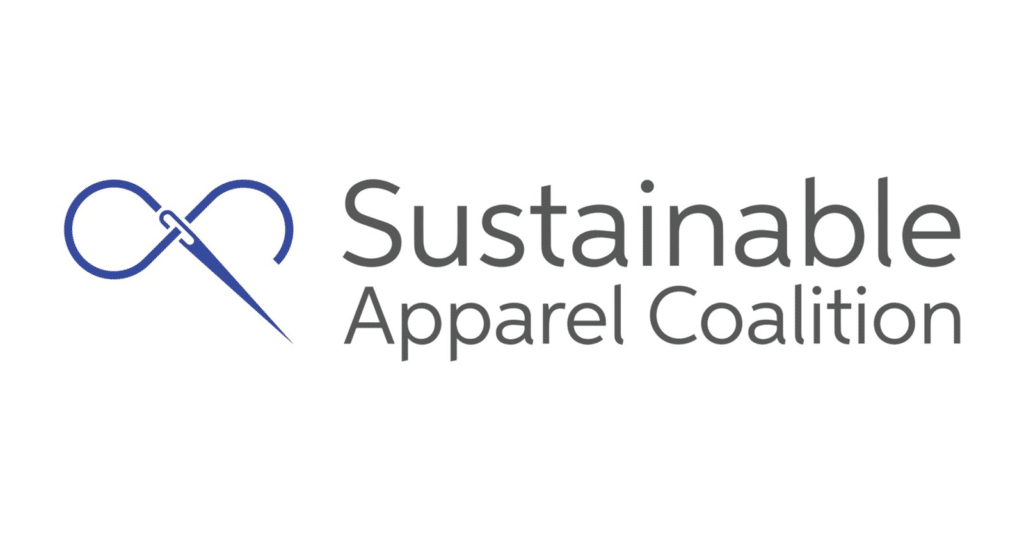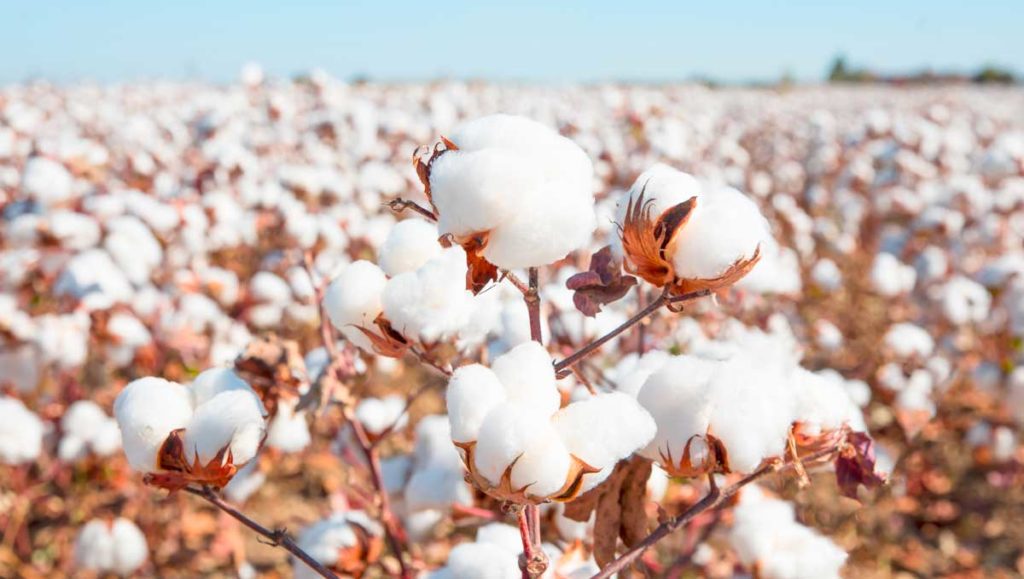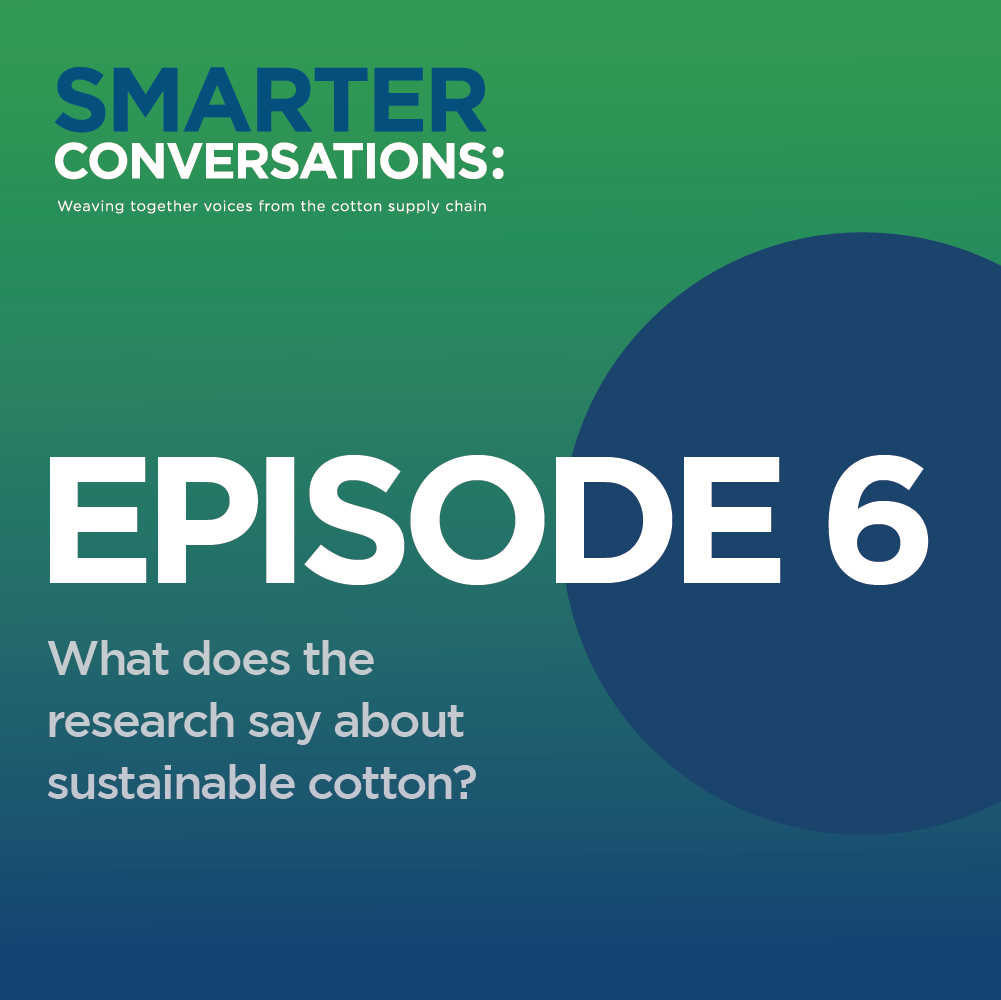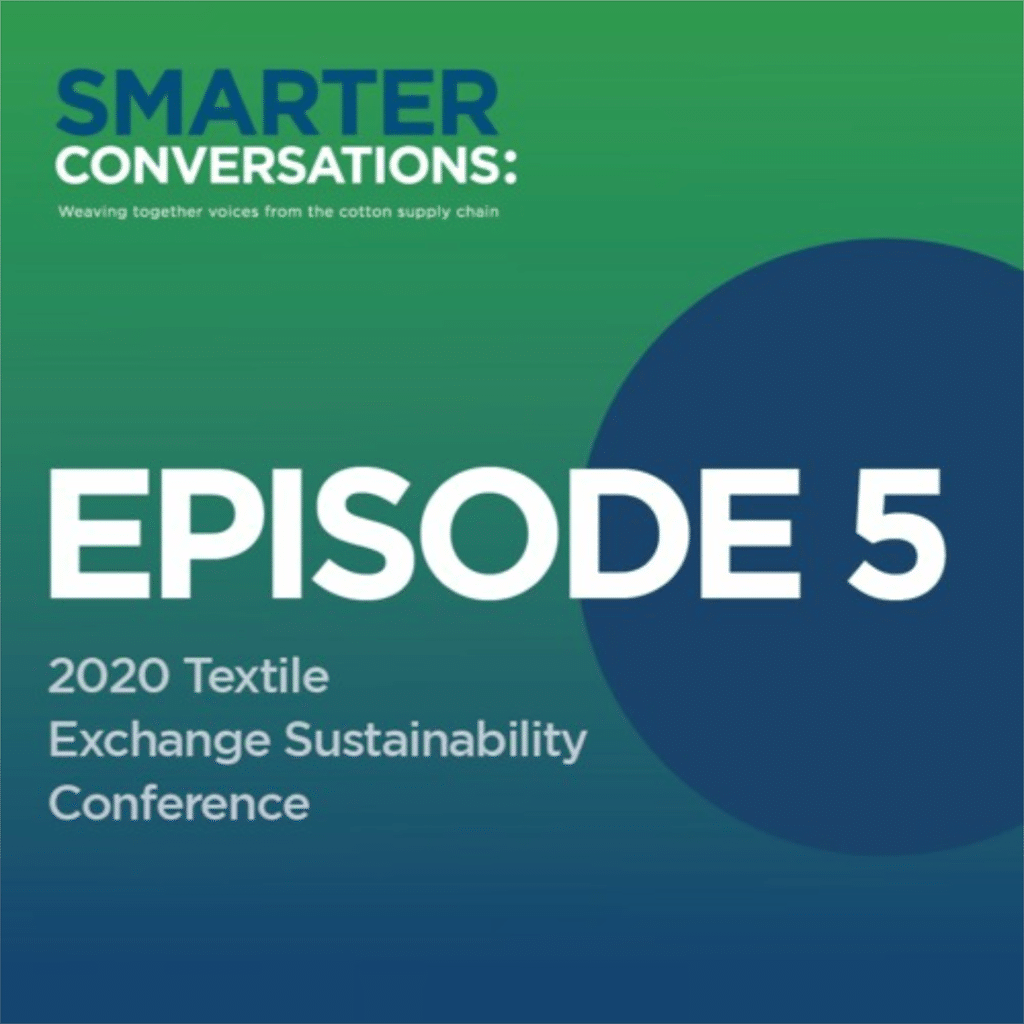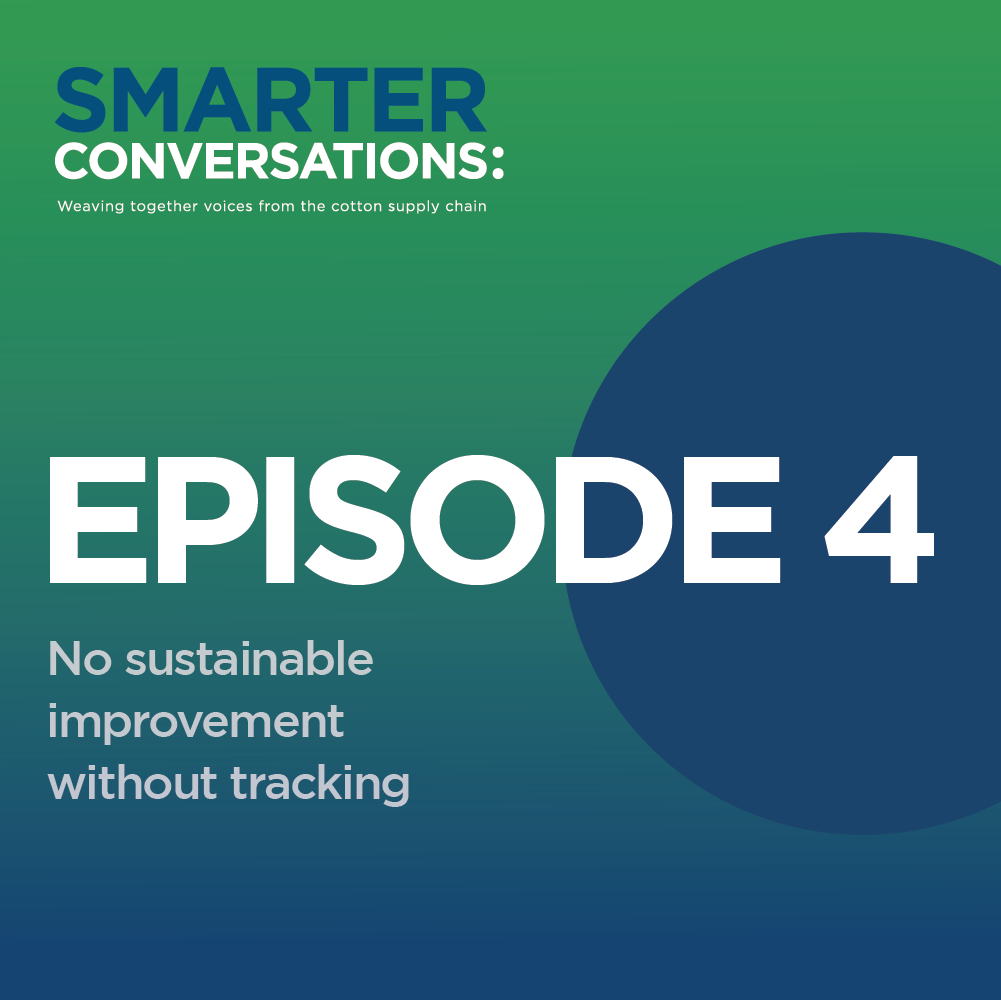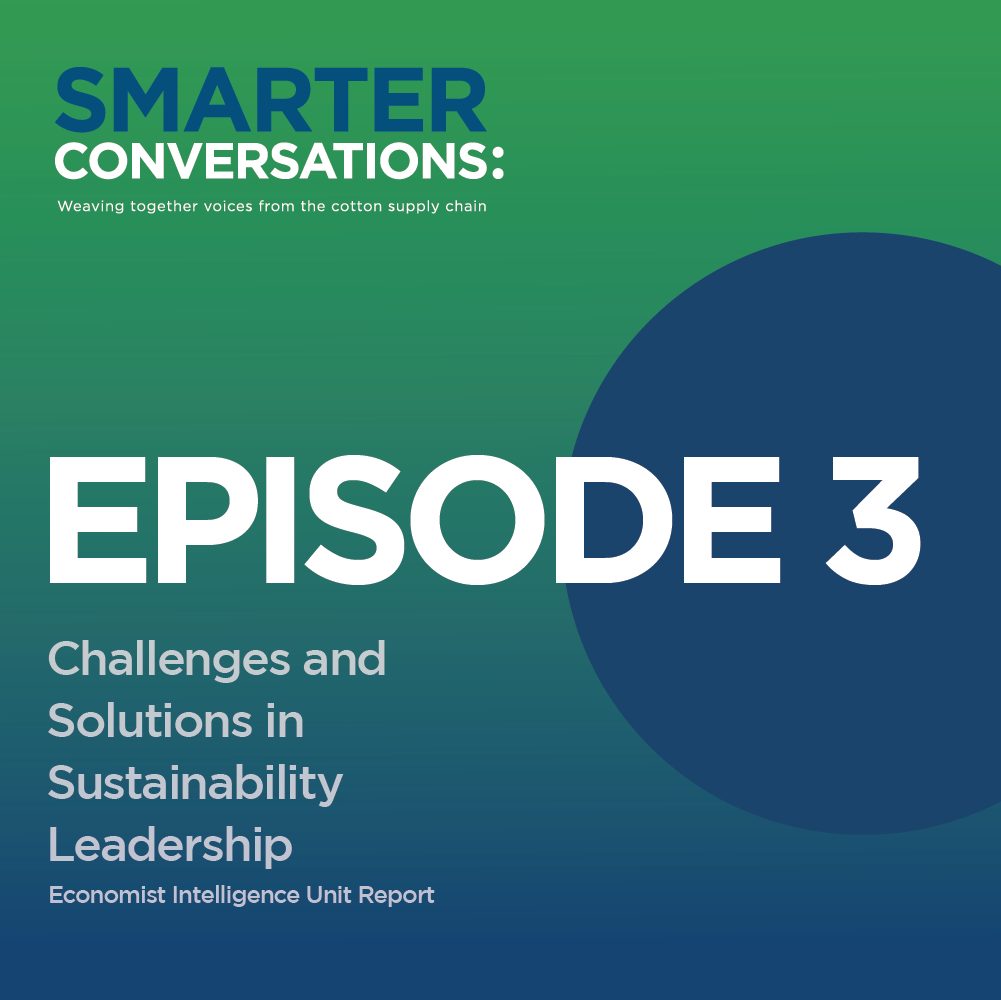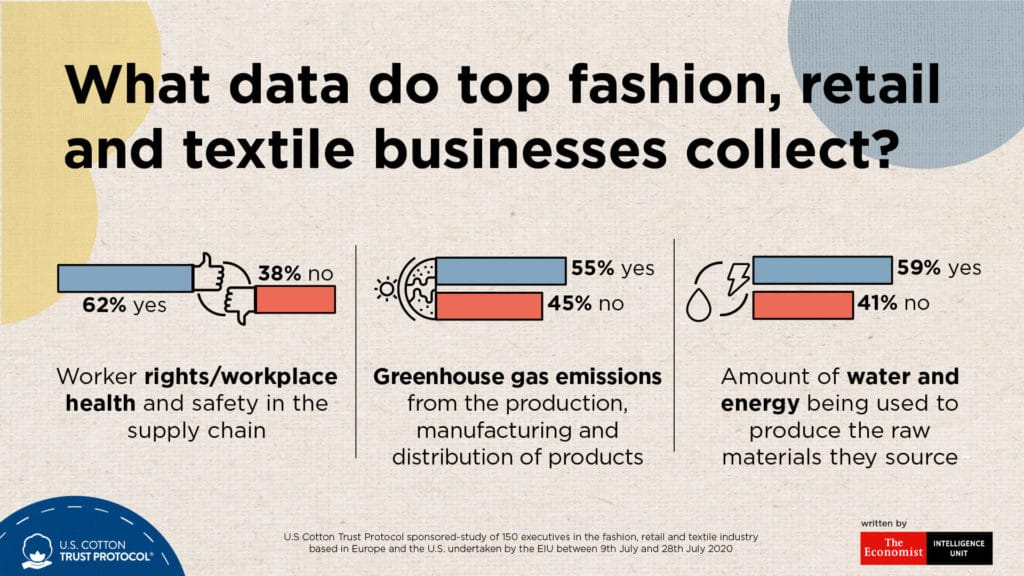MEMPHIS, TENN (Monday, October 9, 2023) – The U.S. Cotton Trust Protocol (“Trust Protocol”) is pleased to announce the membership of Kiabi. Founded in 1978 in Northern France and with 579 shops in 25 countries, Kiabi is committed to sustainable sourcing and driving positive social and environmental change in fashion retail.
Kiabi’s “2030 Vision” aims to integrate positive fashion and sustainability with 72% of its products already designed using sustainable fibers and a goal to see this figure reach 100% by 2025 thus reducing energy and water usage while limiting pollution and habitat degradation in the supply chain.
Cotton already represents 70% of the raw material used in Kiabi’s products. By utilizing the program’s proprietary Protocol Consumption Management Solution (PCMS) to track U.S. Cotton and/or Protocol Cotton, they will be provided full supply chain transparency. Kiabi will also have the ability to use Protocol Consumption Units (PCCUs) for internal calculations of Scope 3 emissions or making proportionate environmental claims on products.
The Trust Protocol is the only sustainable cotton system that provides quantifiable, verifiable goals and measurement and drives continuous improvement in six key sustainability metrics – land use, soil carbon, water management, soil loss, greenhouse gas emissions, and energy efficiency. It is also the first to offer article-level supply chain transparency to members.
“As we strive to meet our ambitious goals and look more closely at our suppliers and their processes,” said Virginie Cayzeele, raw materials leader at Kiabi. “We need to be able to measure continuous improvement across our sustainability metrics confidently and accurately as part of our analysis of our scope 1, 2, and 3 carbon emissions and biodiversity risks. The Trust Protocol’s blockchain-enabled value chain transparency solution will ensure rigorous and verifiable evidence in our work for the protection and preservation of our planet.”
“We’re pleased to welcome Kiabi to the U.S. Cotton Trust Protocol and supporting their commitment to sustainable cotton sourcing. We look forward to providing them with measurable, verifiable data and outcomes as they pursue their environmental and social goals,” said Dr. Gary Adams, President of the U.S. Cotton Trust Protocol.
The Trust Protocol is aligned with the UN Sustainable Development Goals, recognized by Textile Exchange and Forum for the Future, and part of the Sustainable Apparel Coalition, Cotton 2025 Sustainable Cotton Challenge, Cotton 2040, and Cotton Up initiatives. It has also been published in the International Trade Centre Standards Map, recognized as a standard for sustainable cotton by the Partnership for Sustainable Textiles, approved as a standard for sustainable cotton by German Federal Government, and confirmed as an ISEAL Community Member.
To learn more about The Trust Protocol, visit TrustUSCotton.org.
– END –
ABOUT THE U.S. COTTON TRUST PROTOCOL
The U.S. Cotton Trust Protocol is a voluntary, farm level science-based sustainability program that is setting a new standard for delivering value to all stakeholders across the entire supply chain from farms to finished products. It is the only system that provides quantifiable, verifiable goals and measurement and drives continuous improvement in six key sustainability metrics – land use, soil carbon, water management, soil loss, greenhouse gas emissions, and energy efficiency. It is also the world’s first sustainable cotton fiber program to offer article-level supply chain transparency to all members.
The Trust Protocol is overseen by a multi-stakeholder Board of Directors comprised of representatives from brands and retailers, civil society, and independent sustainability experts as well as the cotton-growing industry, including growers, ginners, merchants, wholesalers and cooperatives, mills, and cottonseed handlers.
ABOUT KIABI
Founded in 1978 in the North of France, KIABI revolutionized ready-to-wear by launching a low-price
fashion concept for all families, an offer hitherto unheard of. With a network of 579 outlets in 25 countries, KIABI generates sales of 2.2 billion euros (2022), +10% vs 2021. Because KIABI has always been at the service of families, KIABI fashion offers responsible, desirable and accessible collections, designed in France by a team of 56 in-house stylists. The preferred brand for families, KIABI counts almost 10,000 Kiabers of 83 nationalities.
Media Contacts:
Andrea Miles, Andrea.Miles@hkstrategies.com, +1 (213) 300-1507
Tatiana Habchi – Agence Marie-Antoinette, kiabi@marie-antoinette.fr
Visit us online at: kiabi.com, TrustUSCotton.org
Follow us at:
https://www.facebook.com/ Kiabi-la-mode-a-petits-prix/

